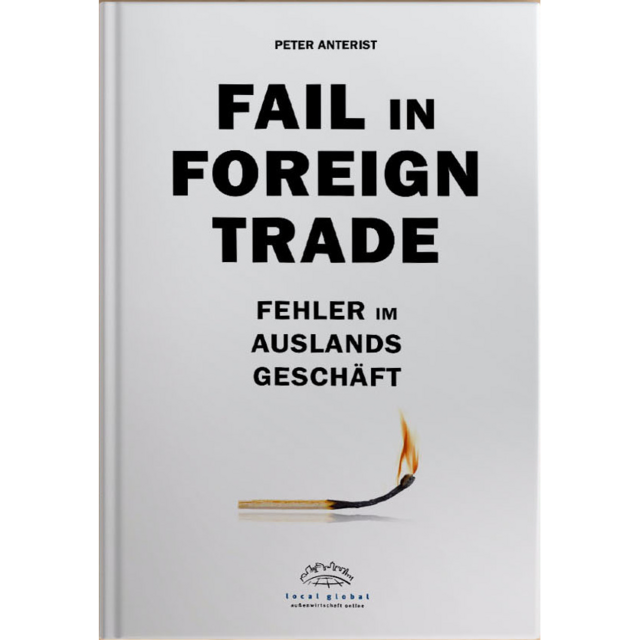None of this helps. If you want to be successful abroad, you have to adapt your product to the foreign requirements. Prof. Peter Anterist, Managing Director of InterGest Worldwide, illustrates this with a fictitious company story, which, however, could very well be true.
The initial situation
Mr. Müller from R., is a third-generation ice cream manufacturer and market leader in Germany. He dominates the German market with ice cream specialities that our grandmothers would not even have dared to dream of, transforms Amaretto into melting dreams and even turns the popular Sunday cake into ice cream.
Now it's time to enrich the world with the delicious creations and what could be more obvious than to please the French in particular, who are spoilt for taste. Those who created such things as crème brulée (can you make that into ice cream?) deserve to be pampered with German ice cream.
The wrong decision
So off we go, quickly looking for a distribution partner in France and providing him with enough material for the listing talks. And the best thing is: the new packaging is ready in time for the market launch. No unnecessary outer packaging, thanks to the new way of sealing the plastic cup. And the print is now so beautifully colourful!
Thanks to an enormous budget, the frozen food shelves are also getting fast and the local competition is soon losing ground. Finally, marzipan cake turned into ice cream is also available in French supermarkets - funny that no one had this idea before.
The consequences
It comes as it must: After a sluggish start to sales, things go on more badly than well, the trend is clearly downwards rather than upwards. The ice cream lies like lead in the counters, no one wants to buy the tempting "Glace parfum tarte á la pâte d'amande".
But why? Are the French so ignorant? Don't they usually eat their sorbets? And now they finally get a dessert with lots of cream and sugar from Mr Müller. Why don't they buy it? Granted, there are no marzipan tarts in France, but that can hardly be the reason, can it? And the packaging has turned out so beautifully. And it's environmentally friendly, too.
The French sales partner explained that in France they attach great importance to the appearance of a product, but maybe he has never seen a well-designed package. He also said that the name "Lüdenheimer Eiskreationen" might not be optimal in France and that a French name would be better. As if Coca-Cola would change its name!
The reasons for the failure
Mr Müller and his team never thought about whether consumer habits in the neighbouring country might be different from those at home. And in doing so, they committed one of the most common mistakes in exporting. Every country is different and the people living there have a different culture, different traditions and different tastes.
In France, the consumer puts a lot of emphasis on attractive packaging and cares less about whether it is environmentally friendly or not. France also loves yoghurts with zero percent fat AND zero percent sugar - a reason why, for example, a major German manufacturer of sweet cream yoghurts once failed grandly on the French market.
Quoted from and inspired by the book by Prof. Peter Anterist "Fail in foreign trade Eleven sure ways to burn money", 3rd, revised edition, 2021, available from: www.localglobal.com





